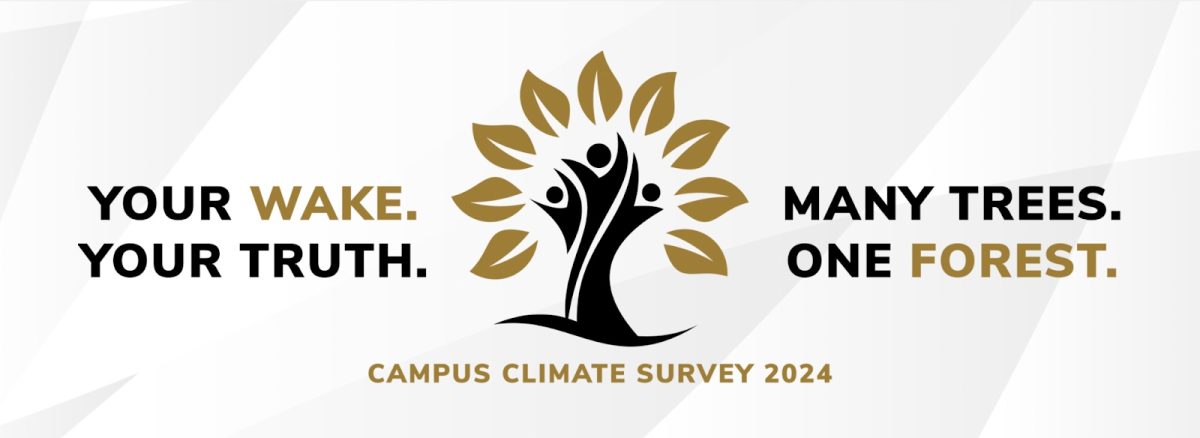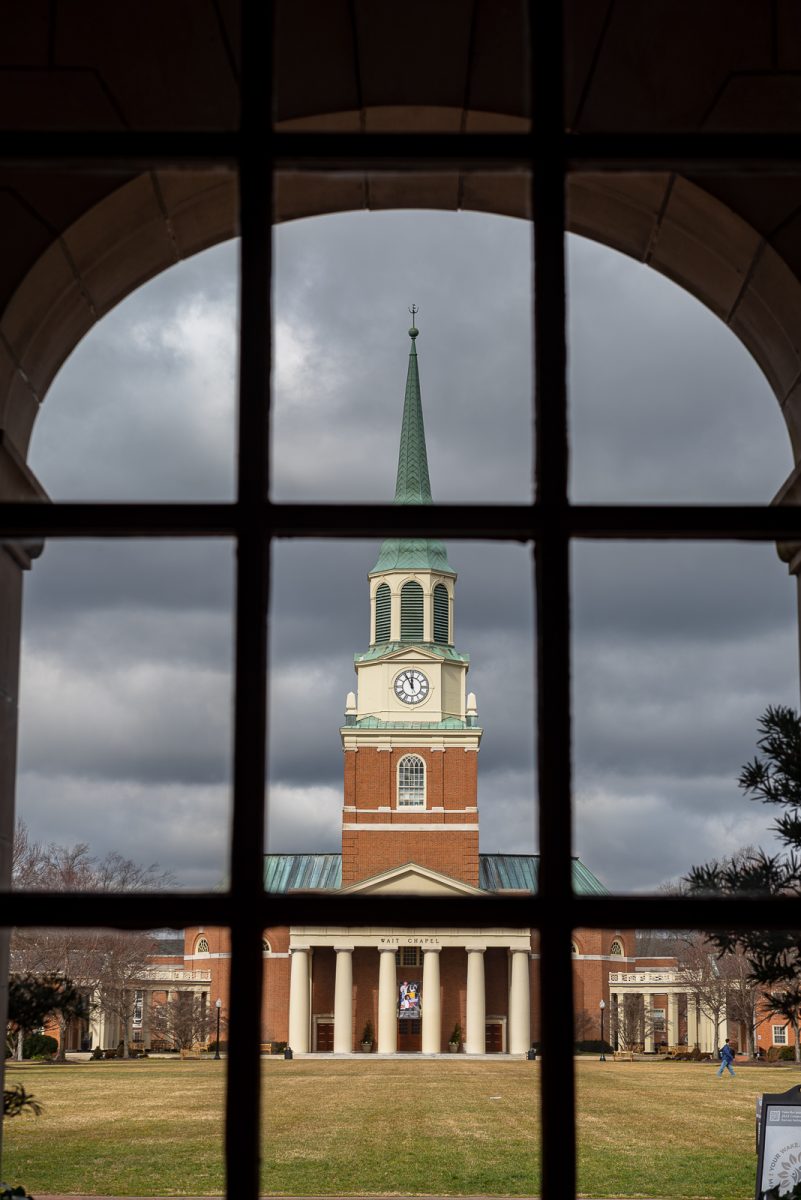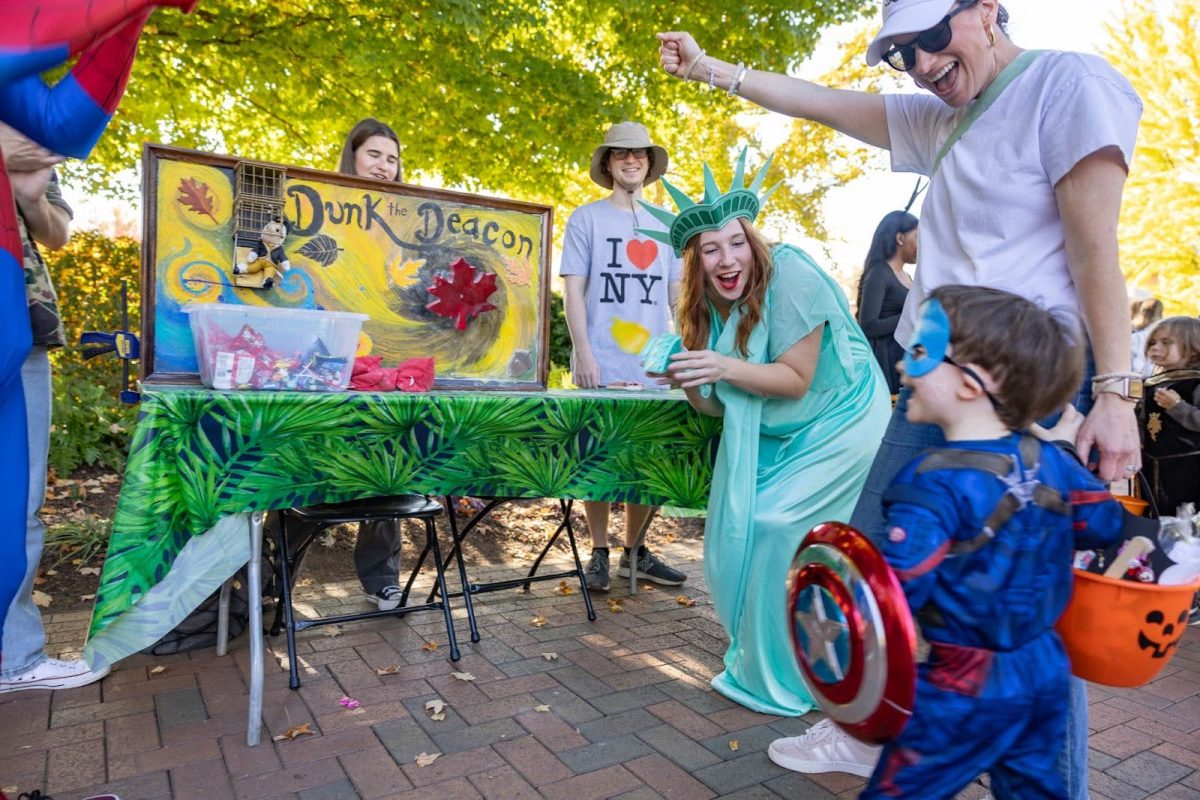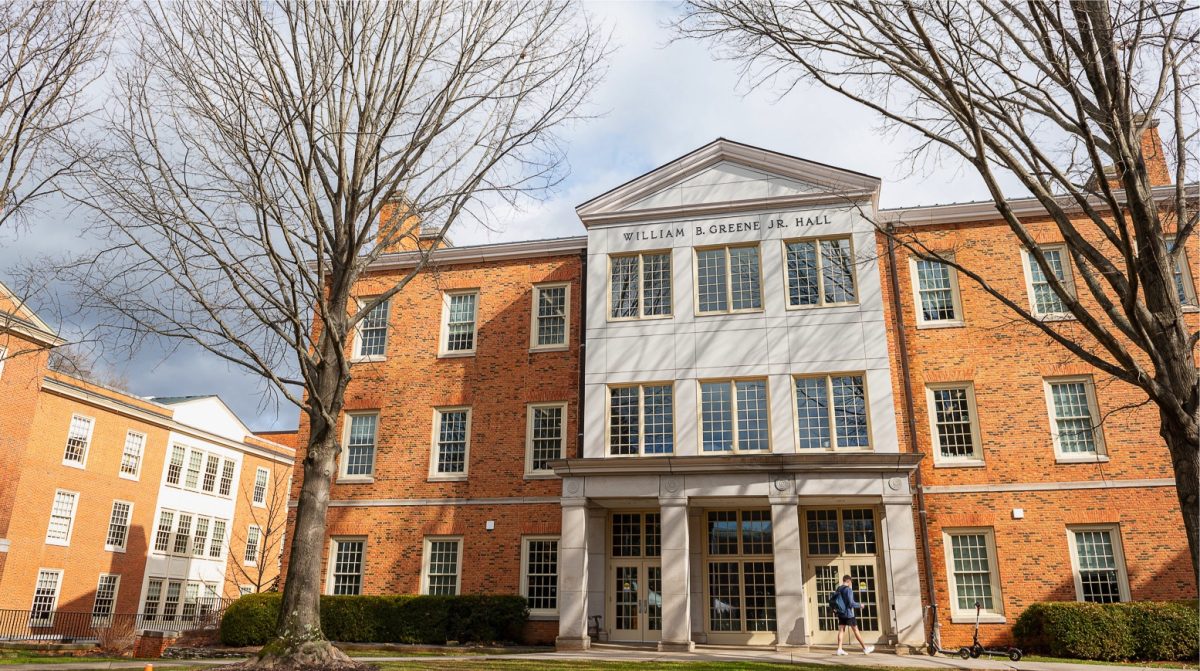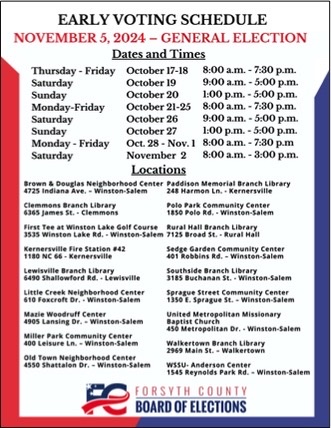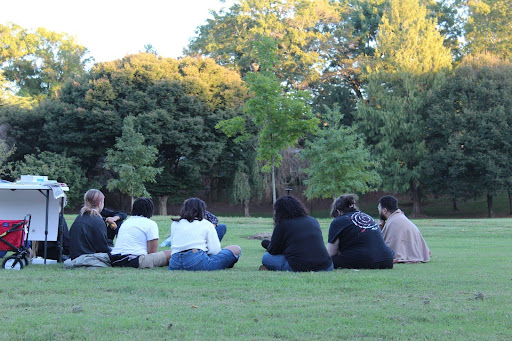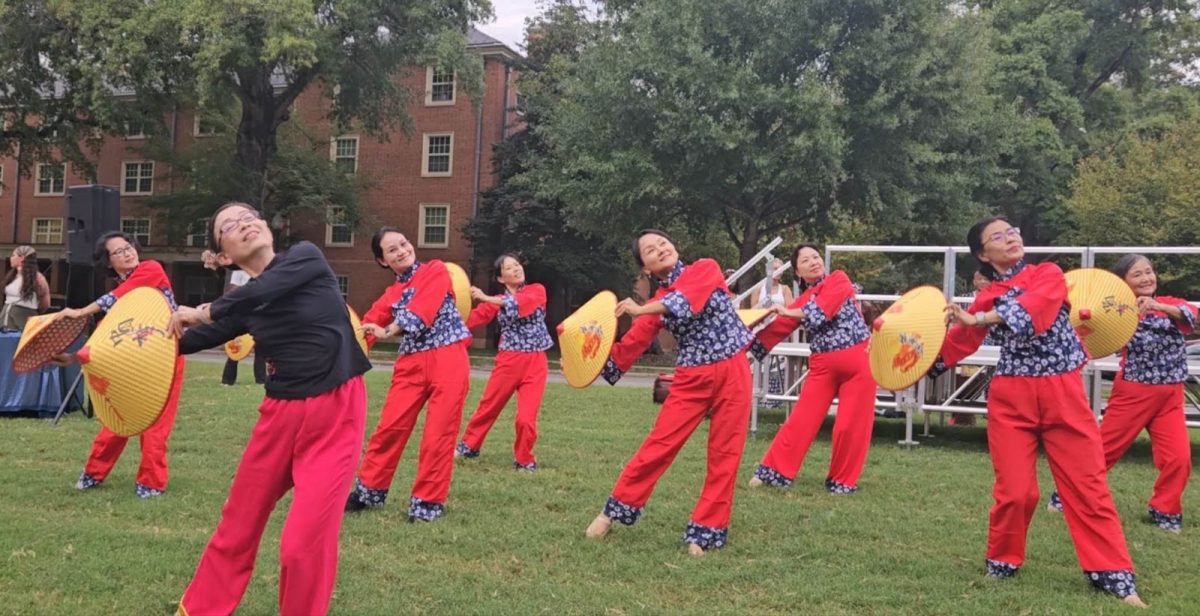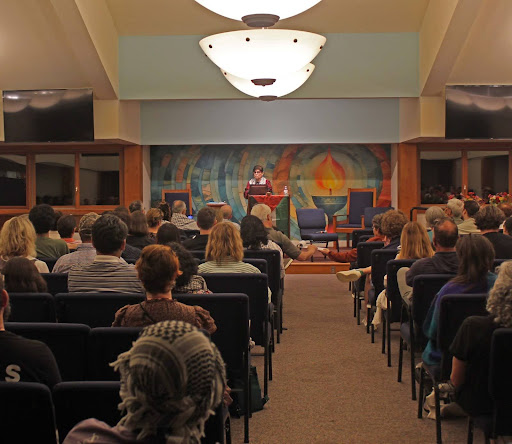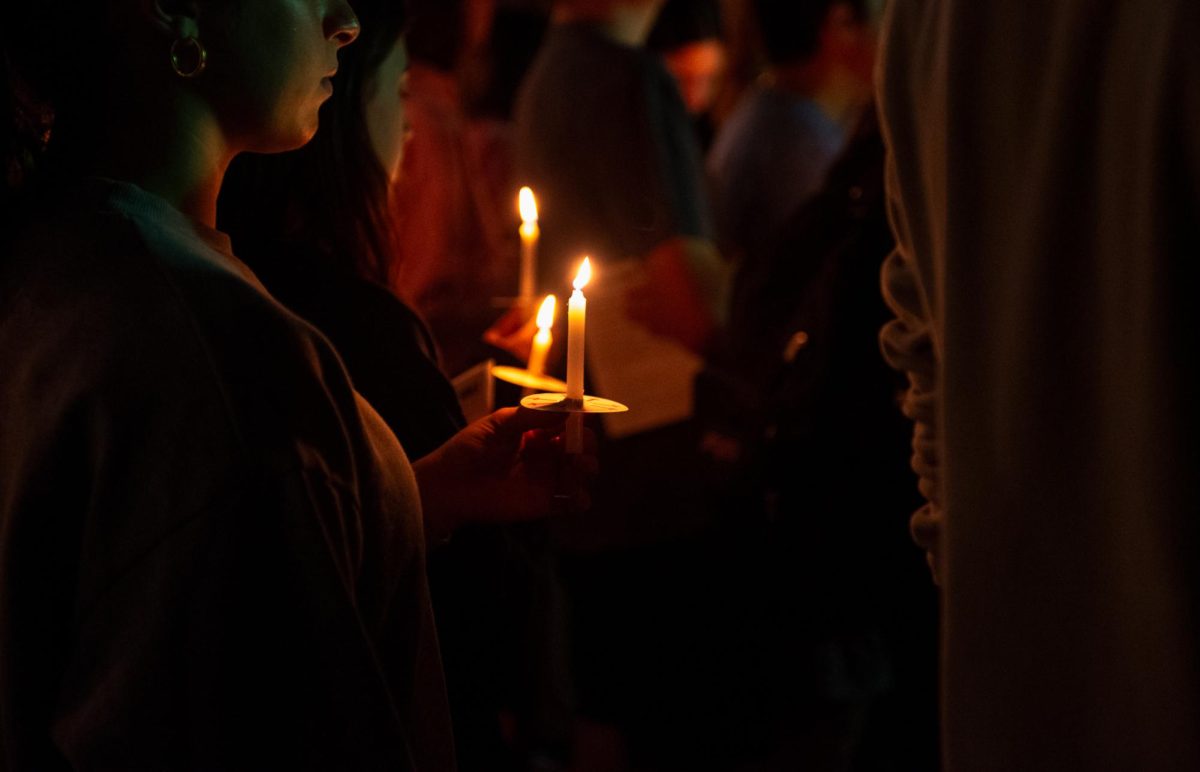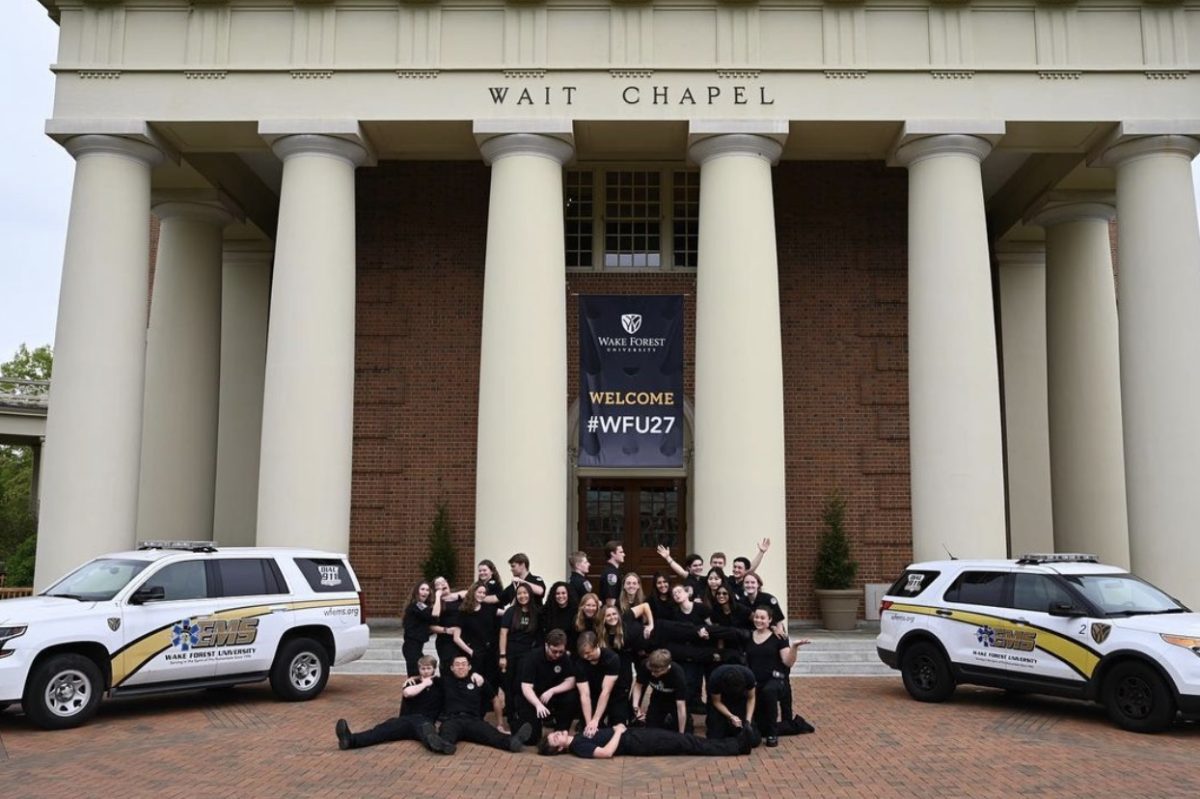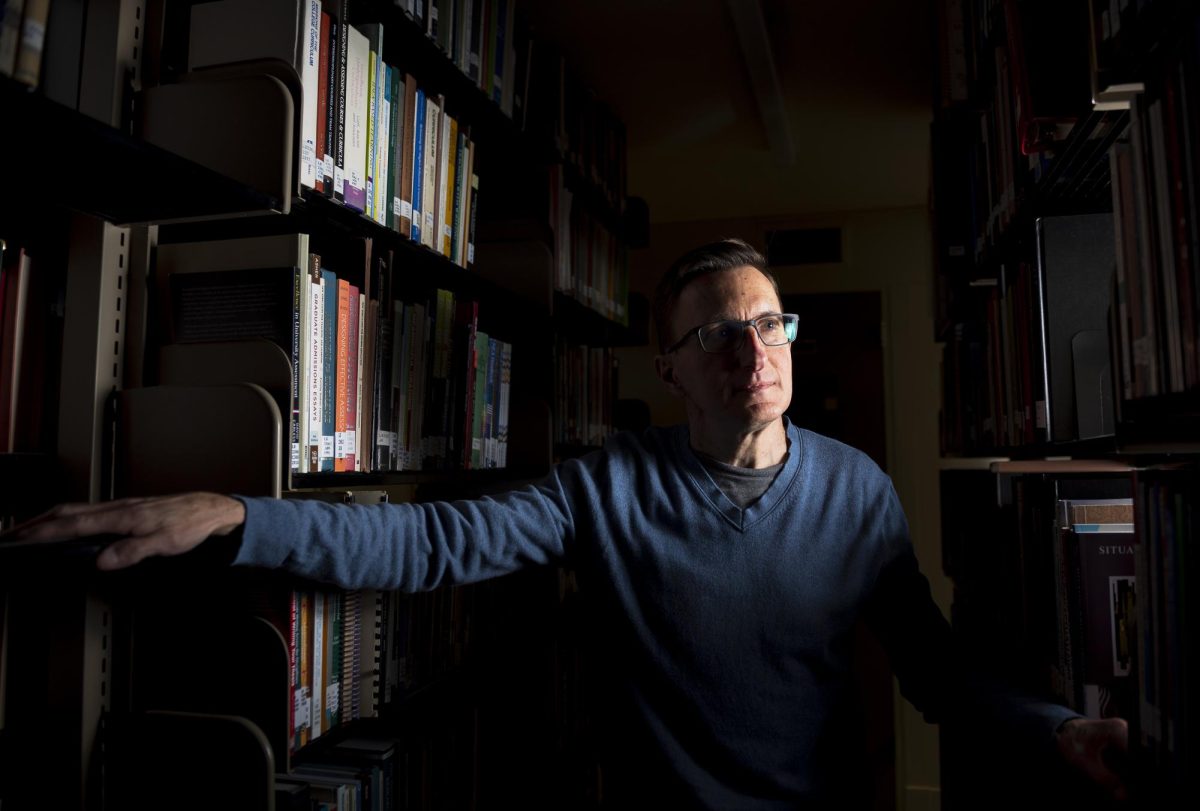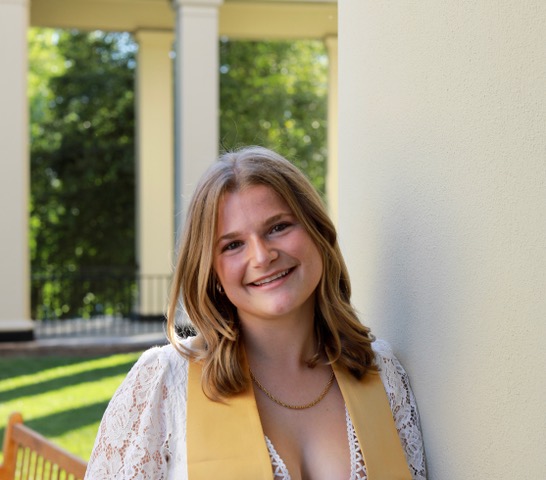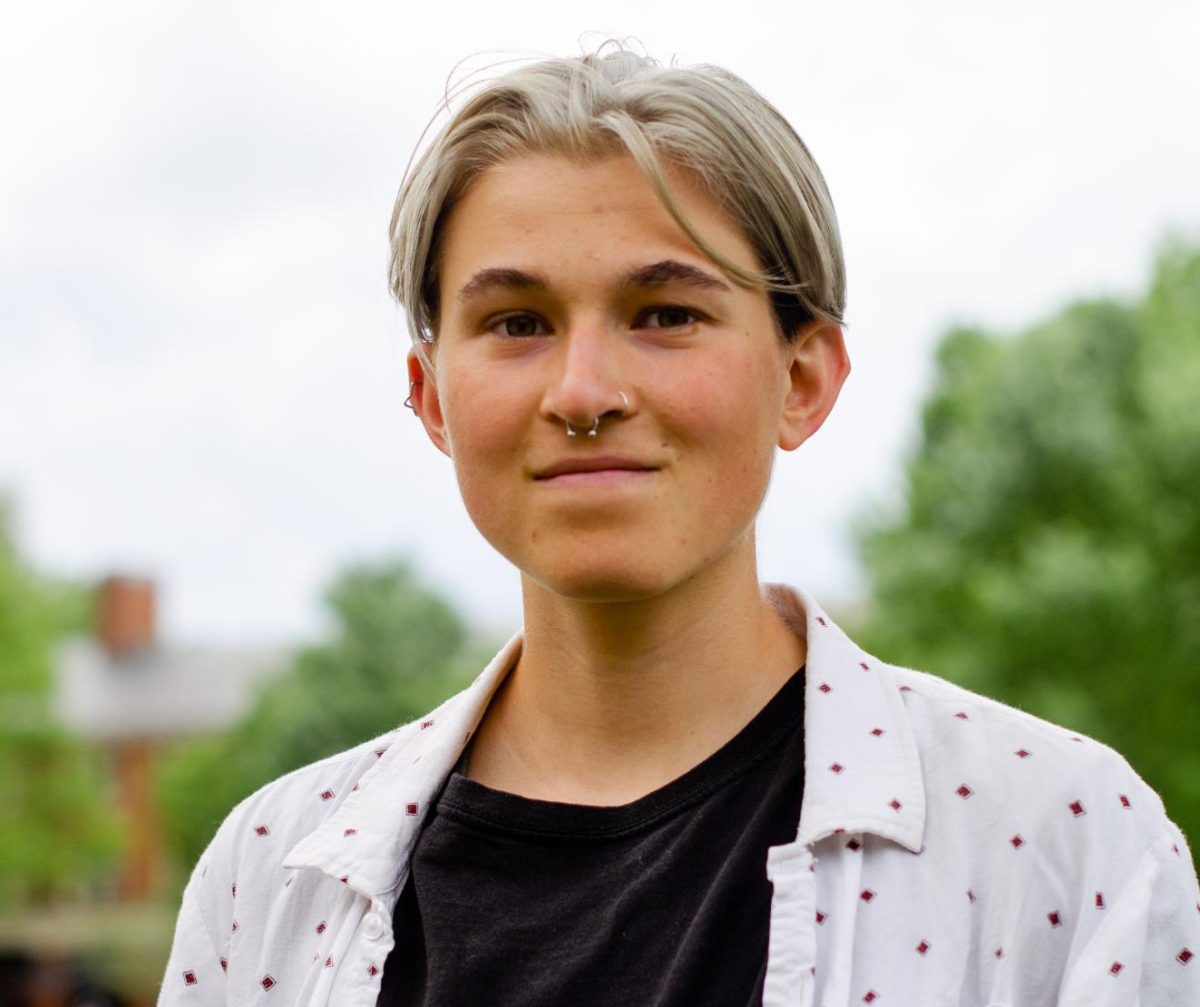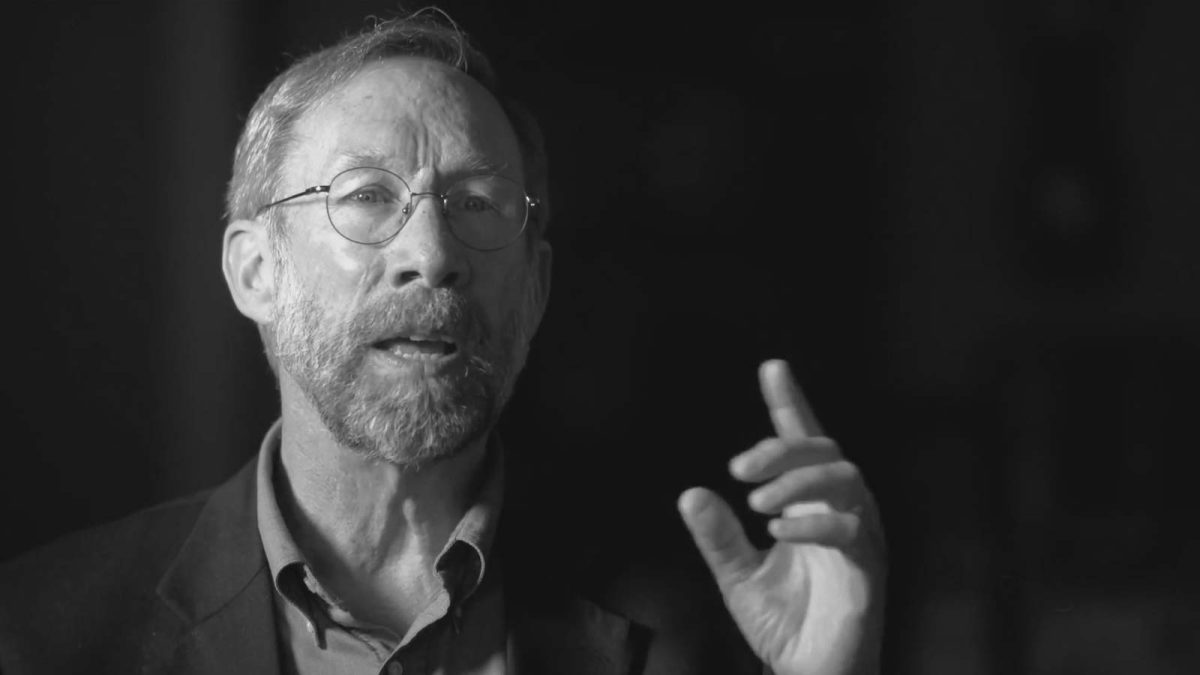Dr. Ananda Mitra, a Wake Forest professor of communication, is an expert in the latest trends of social media and the way “narbs” are used. Originally from India, Dr. Mitra has spent the last 33 years in the U.S. expanding his knowledge and education in digital media and the use of technology.
He is the author of numerous books and is currently in the process of creating his first fiction novel. This past January he lost sight in his left eye, but Dr. Mitra has not let this partial blindness affect his passion for teaching and conducting research. If anything, teaching is what has kept him going.
What was your journey like from India to Wake Forest?
I was born in India and stayed there until I finished engineering college at age 24. I came to Wake Forest in 1984 to do a masters because I was very interested in the humanities aspect of technology and that opportunity was not immediately available in India. I spent two years at Wake, left in 1986 to get my Ph.D. in communication at the University of Illinois, and then I got married. I came back to Wake in 1994 as an assistant professor. Now at 57 years old, I have spent more time in the U.S. than in India, but I go to India very frequently.
How would you describe your main field of study?
I am interested in databases and how big databases are or can be utilized for a variety of applications and the technological challenges, behavioral, and social challenges that come with it. Even before meeting the challenges, how do we even know what those challenges are, they keep shifting, which is probably what I’m most excited about.
When did your interest in technology begin?
When I was a kid, my dad would bring things home like broken cassettes and I would take them apart and put them back together. That led me into engineering eventually, so I was always into technology. When I came to Wake, I worked in the department of speech communication and was responsible for the video labs. I’ve been with old media technology, for years, and then of course as the digitization happened and the computer technologies became more popularized it transitioned into that.
Was there a significant individual or mentor who influenced your decision to study technology?
My interest in technology had been there for a long period of time, but I would say it happened at Wake Forest under the mentorship of my current colleague Professor Michael Hazen who was my advisor while I getting my master’s. He had an intrinsic interest in technology and that’s how I got interested in the media technology.
A few students I spoke with talked about your enthusiasm during class and your eagerness for everyone to learn something new. How would you describe your teaching style?
Well as my child struggles through college as many people your age do, I have become much more conscious of my own teaching. There are three things I hope will happen in any classroom situation: you will listen enough to your professor that you will know what you’re listening to could matter, you will listen enough that you realize that you did not think to question or validate things, and you will listen enough to acknowledge that it is applicable to something in your career. That does not mean you do not need theory, but if it is not accessible to the audience that I am talking to then it is completely pointless.
Back in January, you told our class about a new challenge you encountered during your trip back from India that you are still facing today. What have these past few months been like with your recent, partial loss of sight?
You kids have seen these phases in my class because the day I first met with you in mid-January was a week after I had gone completely blind in my left eye and I was probably at my lowest. I was incredibly scared that I wouldn’t be able to do anything anymore, but my wife and colleagues reminded me that the one thing I should continue doing is teaching. I decided to teach and then went into surgery a few weeks later. One of the interesting problems now is that if you didn’t know me then you would think there’s nothing wrong with me so why am I behaving so weird.
In what ways do you see this obstacle as an opportunity to grow?
So the surgery was the next weird part in my life. It was a little bit of a setback because I was given to believe that I would be ok after the surgery in terms of vision and that wasn’t the case. Then, early March I made the decision to move on and went to India even though it was an incredible risk. I think that was a turning point, being successfully by myself without anybody else next to me. My goal is to realize this is a new reality for me.
In coping with this situation, who would you say has been the most helpful?
It has definitely been the students. You guys have no idea what contribution you given in this semester to my life, it is amazing. The students have really played a significant role. Without teaching, I would’ve gone into depression. It would have been possible to take the semester off but I am so glad that I didn’t. I have one more week, it’s been fascinating doing this.
What do you predict the next two years will look like for you?
I am actually writing a fiction novel. I went to India a few months ago, one of the reasons was to meet with my publisher, and we laid out the storyline. This novel is about a lot of the things I have encountered as a member of the immigrant Indian community. I hope to finish this in hopefully a year and then promote it. This is going to be a challenge which is great.




